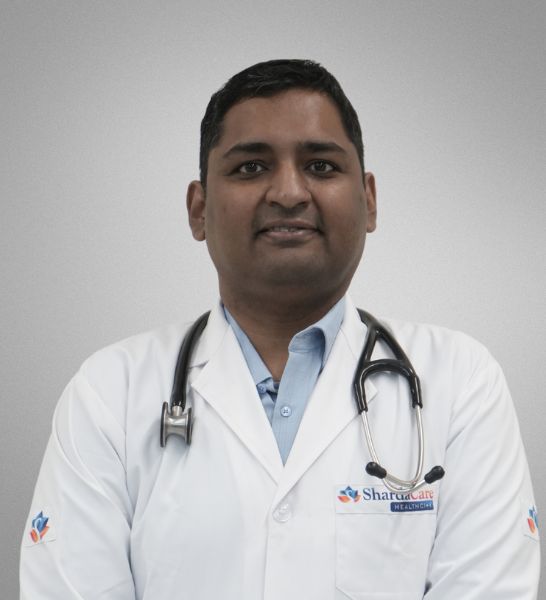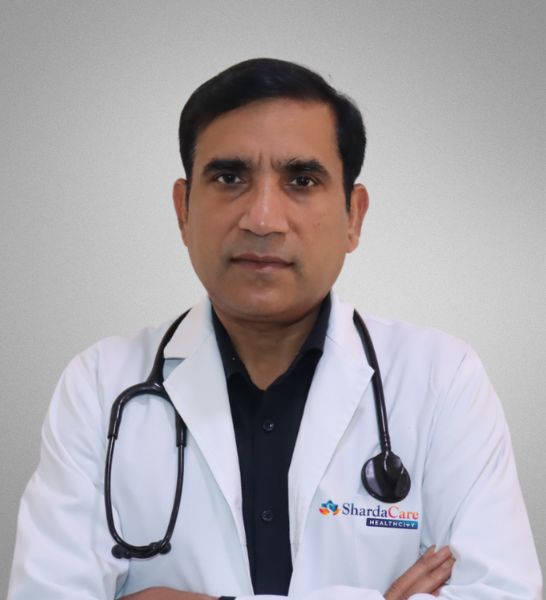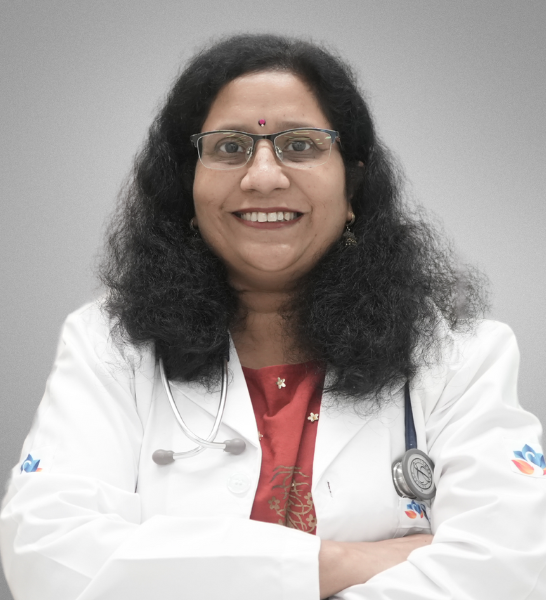
Respiratory Medicine
The Department of Respiratory Medicine and Tuberculosis at Sharda Care stands as a beacon of excellence in the diagnosis and treatment of lung and respiratory conditions. Fully equipped with state-of-the-art facilities, the department boasts an advanced respiratory intensive care unit, offering exceptional care for both indoor and outdoor patients.
The department is outfitted with cutting-edge equipment to perform a wide range of procedures, including Intercostal Tube Drainage, Bronchoscopy with Biopsy, Spirometry, Sleep Studies, Diffusion Tests, Pleural Biopsy, and CT imaging.
Supported by a highly skilled team of doctors and compassionate medical staff, the department ensures comprehensive, round-the-clock patient care, striving to effectively manage and minimize respiratory disorders from diagnosis through to treatment.
Services Offered
- Bronchoscopy
- PFT Including Diffusion
- Sleep Study
- Ultrasound and CT Guided Biopsy
- Thoracoscopy
- CECT/HRCT
Looking for an Expert
Sharda Care The Healthcity is home to some of the eminent Doctors in the world.
Book an Appointment














